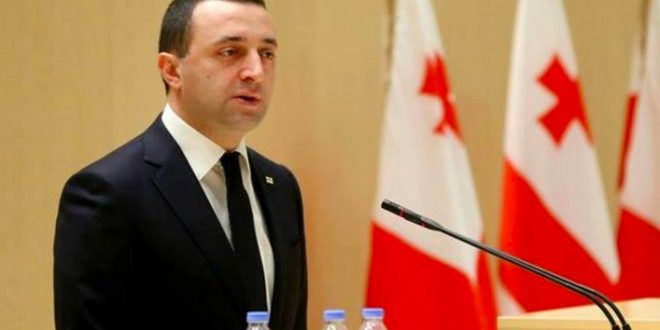Georgia PM Irakli Garibashvili has followed through on his demands for drastic restrictions to be placed on the online gambling industry protecting citizens and the economy.
In an update at the Executive Government Meeting, Garibashvili backed a new draft proposal recommending that taxation on online gambling be increased, to an ‘overall tax base of the sector’ rising by between 65% to 70%.
The new measures designed by Georgia’s Minister of Finance Lasha Khutsishvili, will further see Georgia apply a +25 age restriction on gambling services. A measure that could lead to a total of one million people excluded from gambling.
Under Khutsishvili’s new measures, groups classified as vulnerable who receive state allowances, civil servants, individuals who have requested self-limitation from the Inland Revenue Service of Georgia and those included on the ‘Black List’ by Court Rulings or at the request of family members.
Lastly, with regards to gambling advertising, all televised, outdoor and web-based marketing of gambling will be prohibited throughout Georgia, although sponsorship arrangements will continue to be permitted, although this may be restricted to just a sporting context.
The reform’s follow on from calls made by PM Garibashvili last week for stricter enforcement over the Georgian betting and gaming industry, tasking the aforementioned Minister Khutsishvili with drafting legislation.
Under the initial plans, the first phase of reform would see the introduction of a bill limiting advertising, implementation of a 25-year age limit and increasing taxation, followed by measures to ‘prohibit online casino operations’.
“As promised, we are actively working and the Minister of Health will be proposing regulations for the pharmaceutical market,” Garibashvili remarked.
“Legislative initiative will be submitted to the Parliament of Georgia as a draft law. This is our desire and we are committed to intensively work with the legislature on this topic of course.”
The Prime Minister’s rationale for curbing online gambling in Georgia is understood to revolve around a notion of a civic and economic duty to protect the country’s general public.









